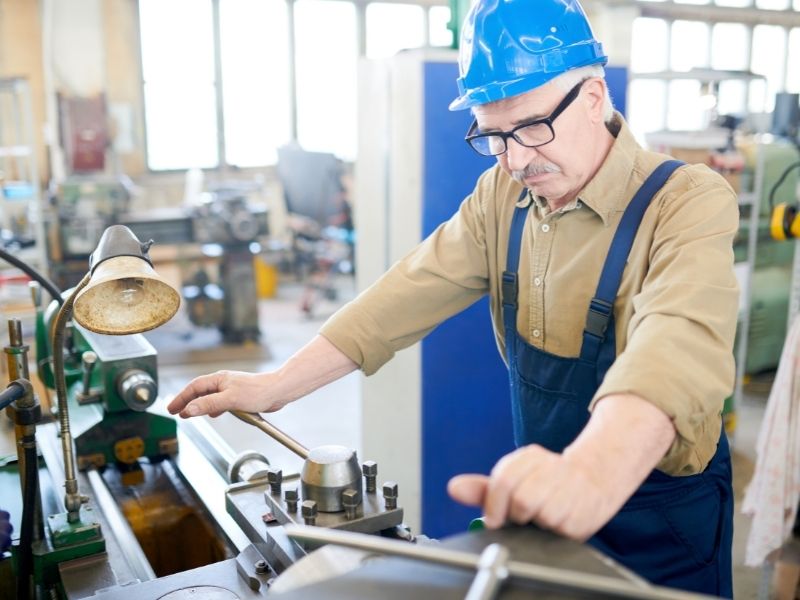Who Is Liable for Defective Machinery?

In workplace environments such as agriculture, construction, mining, and manufacturing, employees are expected to handle and operate large machinery, and dangerous equipment in order to perform their job.
If the equipment malfunctions while in use, or the machinery is faulty due to a design or manufacturing flaw, workers may suffer severe injuries or permanent disabilities through no fault of their own.
When this happens, determining liability may be difficult depending on the complexities of the case. While the first inclination for many employees is to place negligence on the employer, liability may reside with the manufacturing company, or with both, which is why thorough investigation is required to determine liability.
When the Employer is Responsible: Machinery That is Defective Through Use or Poor Maintenance
It is the employer’s responsibility to conduct safety inspections on all machinery and equipment. During inspection, if any safety issues or defects are found, the employer should prevent employees from using the machinery, have it repaired, or purchase new equipment. It is the employer’s responsibility to maintain machinery in working condition. If they fail to do so, they are responsible.
Here are a few examples:
- Machine safeguards were removed or altered.
- Ignoring malfunctioning machinery; leaving it in use.
- Neglecting scheduled maintenance on machines.
- Purchasing inferior replacement parts for broken machines.
- Purchasing equipment that is cheap or worn out in the first place.
- Choosing to keep malfunctioning machinery on the work floor for use.
- Not providing adequate training to use the machinery.
- Failing to provide protective equipment to use dangerous tools or machinery.
In instances like these, the employer is responsible because it is their responsibility to provide the proper safeguards for using heavy-duty machinery at their place of business.
When the Manufacturer is Responsible: Defective Machinery Due to Manufacturing or Design Defects
If an employee is working with a machine or equipment that is defective in design or in manufacture, then there could be a claim against the manufacturer of the machine.
Unfortunately, it can be difficult to prove that a piece of machinery or equipment is defective, as it requires the claimant to show that there is either a design defect, a manufacturing flaw, or that there was a failure to adequately warn of the dangers or risks in using the machinery. In cases where the machinery is considered to be defective, an experienced product liability lawyer is crucial in building a legal case for the employee.
Compensation In Defective Machinery Liability Cases
An employee that is injured on the job can file for workers’ compensation through their employer, which will help pay for any lost wages and medical bills. In the event liability can be placed on the manufacturer, a personal injury lawsuit may be the right choice.
An experienced product liability lawyer can help you seek compensation for injuries suffered or death. Compensation includes but is not limited to lost wages, medical expenses, pain and suffering, disfigurement, and loss of the enjoyment of life.
If you or a loved one has been injured on the job due to defective machinery, it is imperative that you get in touch with a product liability and personal injury lawyer as soon as possible to do a comprehensive review of your case.
Here at Chubb Law, we offer free consultations, and have no out-of-pocket fees. Please contact our office at: info@chubbfirm.com, at (407) 777-4382, or click here for a free case evaluation.

